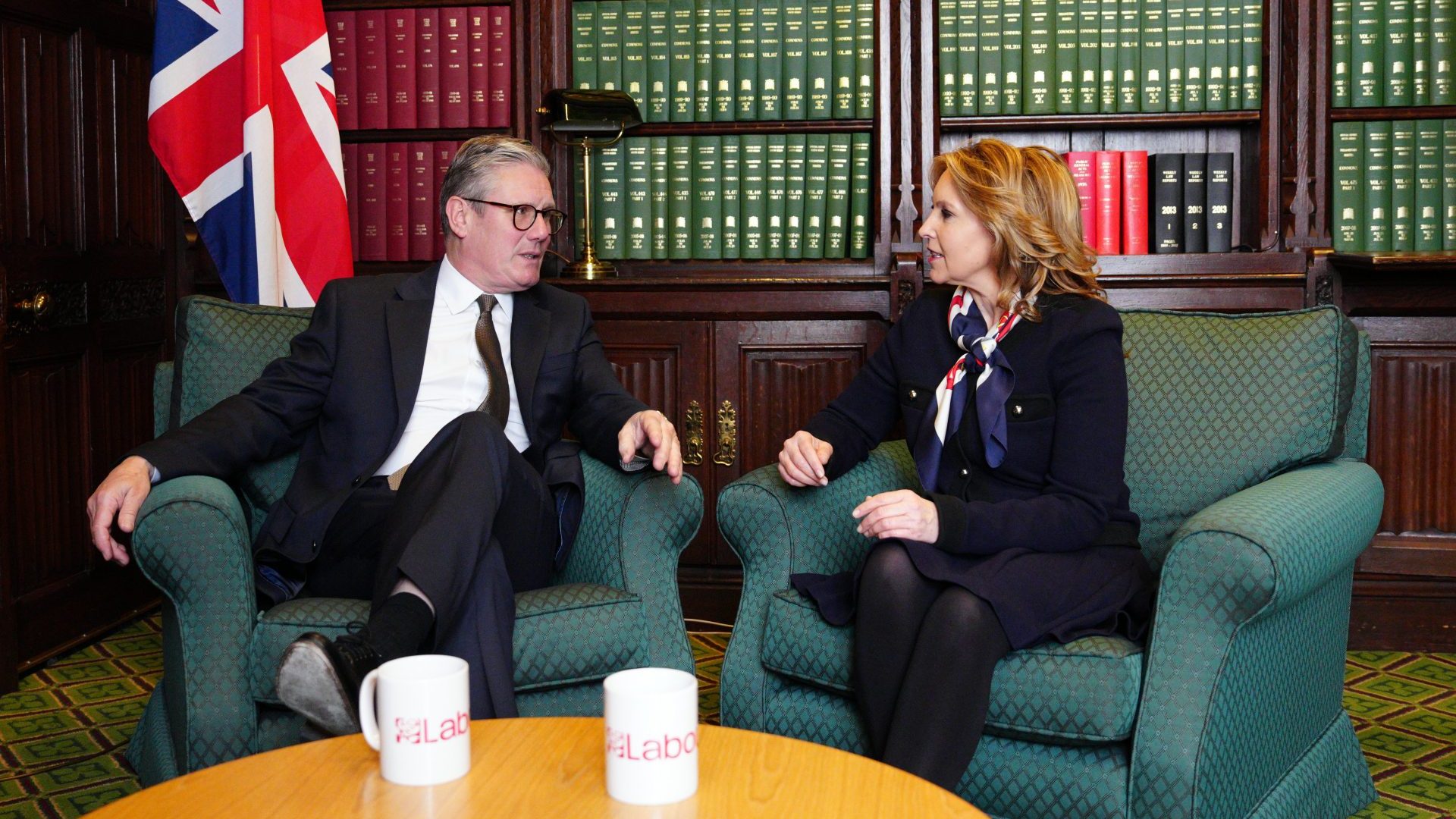Labour has acquired yet another new MP, and this time without even having to go through the time and expense of winning a by-election battle.
Natalie Elphicke, MP for Dover, became the second Conservative parliamentarian in two weeks to defect to Labour – announcing her move just before PMQs, leaving Rishi Sunak on the skids yet again trying to find a response.
Elphicke framed her defection on terms favourable to Labour, or at least to its pitch towards 2019 Conservative voters. She complained Sunak had failed on small boats, that the party hadn’t delivered its “centre ground” 2019 manifesto, and particularly that it had failed on improving access to housing – a speciality area of Elphicke’s – by watering down rental and leasehold reform.
The fit between the Labour Party and its newest MP was always going to be an uncomfortable one, as Conservatives were quick to note. Tory centrists who were ousted ahead of the 2019 manifesto might raise their eyebrows at the description of it as “centre ground”, but it is Elphicke’s hardline on the small boats crisis that could sit most uncomfortably on the policy front.
Perhaps unsurprisingly given she represents Dover, Elphicke was among the Tory hardliners on small boats, warning even as a Conservative that Rwanda was not enough to “stop the boats”. Such was Elphicke’s focus on the issue that in 2021 she even wrote a Christmas message focusing on it – leading some to wonder quite how that fitted into the season of goodwill to all men.
All of this, though, would be manageable as part of a typical defection: it is the nature of swapping parties that your new MP will previously have been loyal to their old one, and it is obvious that they will not align entirely with the mainstream of their new political home. It would certainly help smooth things over that, much like Dan Poulter (the other recent defector), that Elphicke doesn’t intend to stand against for parliament.
None of this, though, is at the core of why many within Labour feel quite so uncomfortable with Natalie Elphicke – that lies on the conduct of her ex-husband Charlie, and her reaction to it.
Charlie Elphicke was the MP for Dover before Natalie. His political downfall came after he was first accused of – and then convicted and jailed for – multiple sexual assaults.
Natalie was a vocal defender of her then-husband, at one stage suggesting the accusations were fuelled by a desire to punish him for being “charming, wealthy, charismatic and successful”.
Natalie secured the nomination for Dover with Charlie’s help, and though it was announced upon his conviction that the couple were separated, Natalie supported Charlie with his appeal.
More than that, Natalie Elphicke was one of five MPs who wrote to several judges involved in Charlie’s case, using official notepaper, trying not only to provide references in favour of a lenient sentence but also to keep those references secret.
This was judged to be an abuse of power, and in Natalie Elphicke’s case, one made worse by her being a qualified and experienced lawyer who is supposed to know not to engage in such conduct. For this she was given the slap-on-the-wrist punishment of a one-day suspension.
Clearly, Natalie Elphicke’s own conduct is nothing when compared to that of her ex-husband, and given the grim persistence of so-called “Pestminster” stories, it is far from the worst thing MPs of any party have heard about their colleagues.
But the prominent welcome of Natalie Elphicke has nonetheless raised not just eyebrows but also alarm, for clearly all of this must have been carefully considered by Keir Starmer’s office and Labour HQ – who then decided to take her on as an MP all the same.
If there is a line for Labour, then, Elphicke sits on the acceptable side of it. But that does still leave one question: where exactly is the line?










